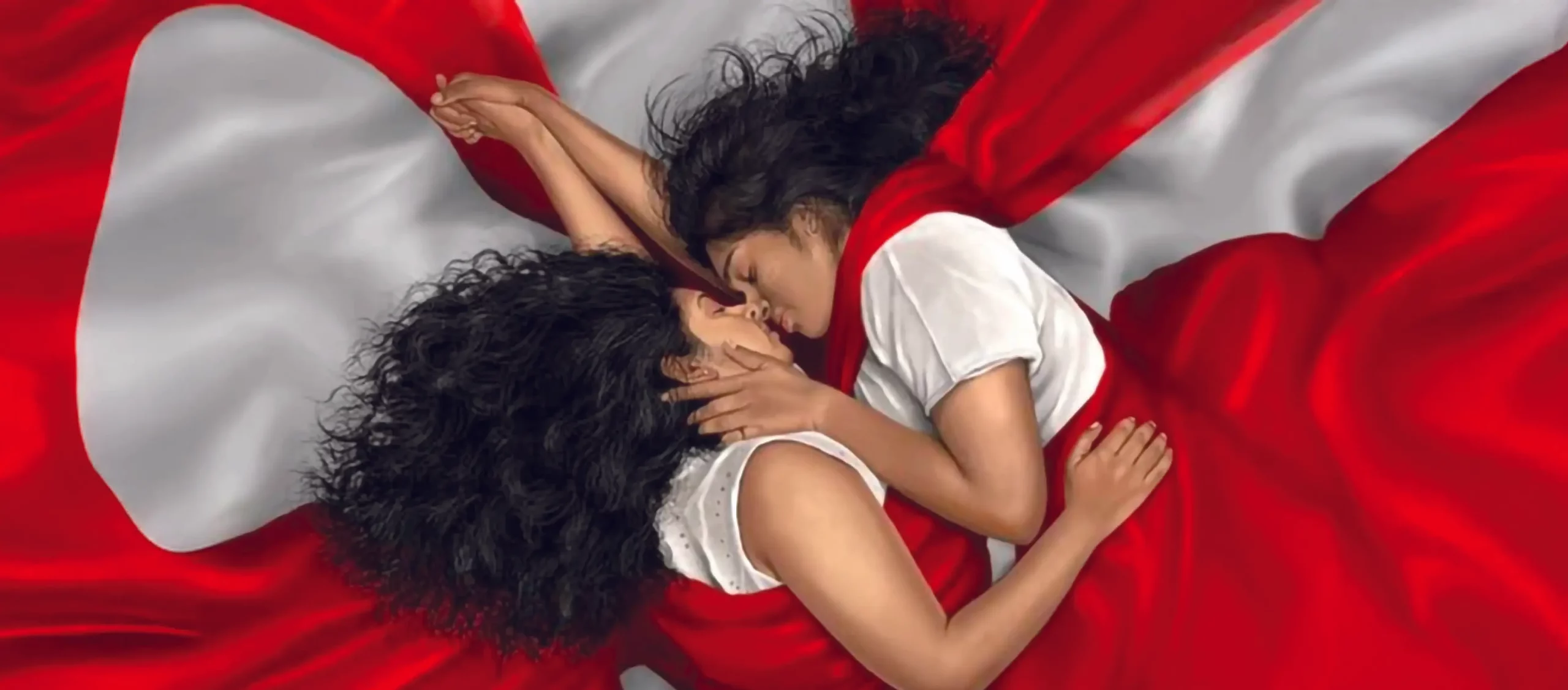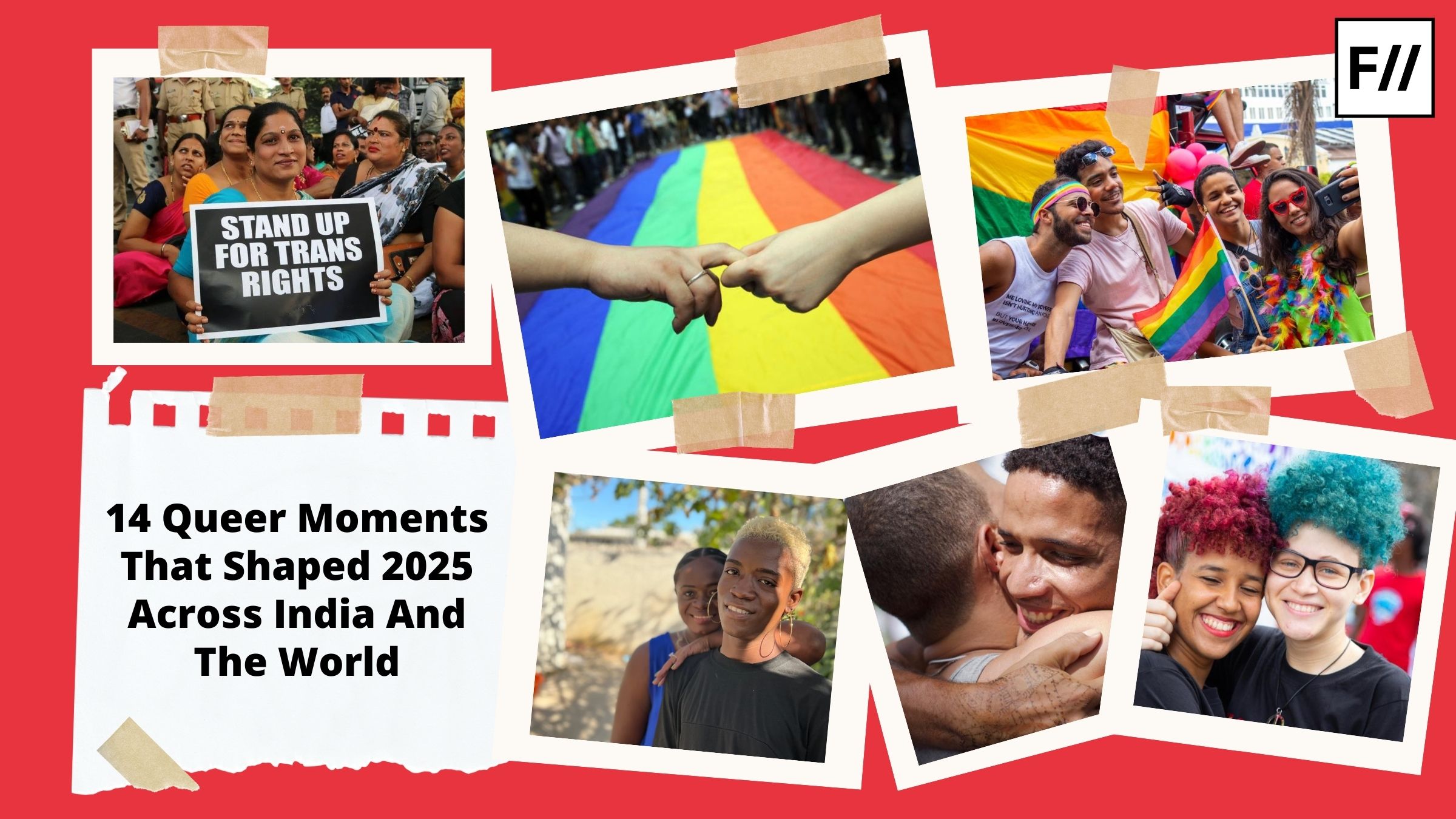Recently, I attended a seminar by Kolkata-based organization Sambhavna, which is run by and for the transpeople and conducts awareness programmes across the city. The term sambhavna, literally speaking, means possibility(s). The organisation portrays the hopes and aspirations of the transpeople to be considered as ‘natural’ and ‘normal’ beings in the human race. The event aimed to mock the ‘straightness’ of a society that renounces transpeople as diseased. What evolved out of the talk is that the issue of repudiation originates from the grass-root level i.e. family and spread its malice to the society. The issue of repudiation unveiled several personal experiences of the transpeople, who had been (and still are for many) ridiculed and embarrassed by their own parents, family members and relatives.
The seminar was highly interactive in nature. It began with speeches delivered by a panel of guest speakers, who discussed various issues of gender and the role of education and social awareness to eradicate the problems faced by transpeople. Next, the members of Sambhavna narrated incidents of their lives, about self-discovery of their trans-nature, their decision to act upon their choices and the harassment faced from their parents, family members, relatives, peers and neighbours. And finally, few parents and family members came up with their personal stories of transition, from dissension to acceptance.The main themes of the conference and what I inferred are as follows:
Urge to establish an ‘identity’ in a society
The sole intention behind organizing this event was to establish ‘identity’ or recognition of transpeople as normal beings in a family as well as in the society. Although in a landmark ruling the Supreme Court recognized them as the Third gender and has asked the government to provide them with reservations in jobs and education, acceptance by the common mob starting from the domestic walls still stands pending.
Freedom of choosing gender from the sex one is born with
In Indian society, birth of a child is typically celebrated by the question, “girl or boy?” During childhood, a transperson is forced to veil her/his thoughts and choices. Consequently, a girl willing to be a boy is termed as a ‘tomboy’ or a boy willing to be a girl is abused as ‘sissy’. During adolescence, they are often taken to psychiatrists or psychologist to find a cure for being ‘queer’. The strength and compassion required for the normal growth of a transperson into an adult is often unavailable and it leads to several suicides and psychological breakdowns.
Undoing the patriarchal chains within a family
The patriarchal structure of a typical Indian family functions upon the ‘sex determined’ division of labour. A male (sex determined by birth) is considered to be a primary earning member of the family, ergo doesn’t acquire the right choose to be a female (choice of gender prefixed). But in case he chooses to live the life of a transperson, he is considered to be a disturbance to the law of ‘nature’ by shuffling the normalcy of structured roles in a patriarchal family. On personal levels, wide gulfs of misunderstanding and hatred are created between transpeople and their parents.
Harrassment faced by transpeople
Passive aggression expressed by homophobic family members or relatives is an evitable experience faced by every transperson. Questions like “When are you going to marry? Should I look for a bride/groom for you?” sprinkle salt over the wounds of humiliation. At public places, the society plays an eminent role in harassing transpeople. Recurring abuses of “ladies”, “homo”, “chhakka”, “moga”, etc at the transpeople add further germs to the disease.
Stereotyped gender performances in a society
Gender performance in our society is a reason that obstructs the passage of enlightenment for the crowd about transpeople and other issues related to gender. Despite several movements and pride-walks, a transperson is still bereft of using the kind of public toilet of her/his choice. A transperson who considers himself to be a female is abstained from using the women’s compartment in public transport. Clothing, accessories and selection of colors remain to be strong markers of patriarchy.
Need to include sex education as a mandatory part of a child’s growth
The education system of India needs to focus on studies of sex, gender and sexuality as a mandatory part of growth and development for every learner. Fluidity and spectrum of gender are topics which deserve to be comprehended in a more flexible manner. The hush–n-peep behaviour of the society at transpeople or at any issue of gender needs to be terminated with a better understanding of the concept.
I would like to conclude this piece with the lines quoted by one of the panel speakers from the event , “Sex is what you are born with, gender is what you develop, and sexuality is what you discover.” So let us hope for a day when transpeople may live their life upon their choices and decisions, establish an identity in a society and enjoy freedom and rights that they deserve.
About the author(s)
BadAss Feminist and inquisitive Atheist. Celebrates Gender and Literature as her Muse. Assistant Professor of English who likes to take education beyond the narrow walls of orthodoxy. Considers a pen to be the most powerful stiletto against patriarchy and sexism.
She blogs at http://www.inkynymphshreya.wordpress.com/



